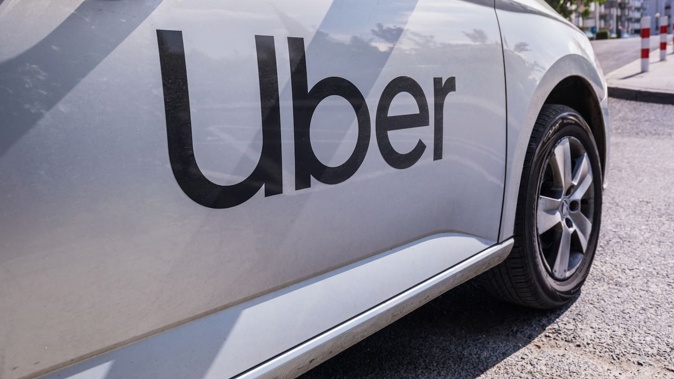
The Court of Appeal is backing four Uber drivers in their fight to be treated as employees, rather than contractors.
The court dismissed Uber’s appeal of a 2022 Employment Court decision that also ruled in favour of the drivers.
One of the drivers, Mea’ole Keil, was “ecstatic” and “very emotional” about the ruling.
“For too long employers like Uber have exploited gaps in legislation to hide the true employment relationship and take advantage of workers unfairly - we had to take a stand and pray that the legal system would back us - it has,” he said.
While the decision technically only applies to the four drivers who took the case, it could have broader ramifications for other contractors who work in the gig economy.
Employees are afforded benefits that contractors aren’t – leave entitlements, the minimum wage, holiday pay and recourse for unjustified dismissal, for example.
Uber said it wouldn’t change its New Zealand operations in response to the court ruling, as it planned to challenge it in the Supreme Court.
Court of Appeal justices Goddard, Ellis and Wylie said: “The critical point is, we think that while a driver is logged into the driver app, that driver has no opportunity to establish any business goodwill of their own.”
They said the drivers couldn’t bargain with Uber to influence the quantity or quality of work they received, nor their revenue, except to the extent Uber agreed to give them more access to ride requests, information about rides or supplementary payments.
The justices also noted the “high level of control and direction” Uber exercised over drivers while they are logged into the app.
The complicating factor is that the Ministry of Business, Innovation and Employment has just started a review of the law to better define employees and contractors.
Uber’s managing director for New Zealand and Australia, Emma Foley, said there was an “urgent” need for a review.
“We believe such arrangements, where people have genuine flexibility and are also free to work for other companies, including competitors – are an important feature for all industries across New Zealand in the 21st century,” she said.
The Labour Party, First Union, and E tū urged the Government to stop the review, which they believed was aimed at watering down workers’ rights.
National and Act agreed, in their coalition agreement, to do the review.
Ahead of the 2023 election, Act campaigned on amending the Employment Relations Act “so that contractors who have explicitly signed up for a contracting arrangement can’t challenge their employment status in the Employment Court”.
It suggested contractors should sign agreements that make it clear they won’t have access to full employee rights.
Act believed agreements should spell out the benefits afforded to contractors – including that they can do work for other businesses (including competitors), which can’t terminate their contract if they don’t accept a certain task.
The party suggested contractors who believed the terms of their contracts were unfair could seek recourse under the Fair Trading Act, which deals with unfair contract terms.
Any amendments the Government makes to the law will apply only in the future.
Take your Radio, Podcasts and Music with you









